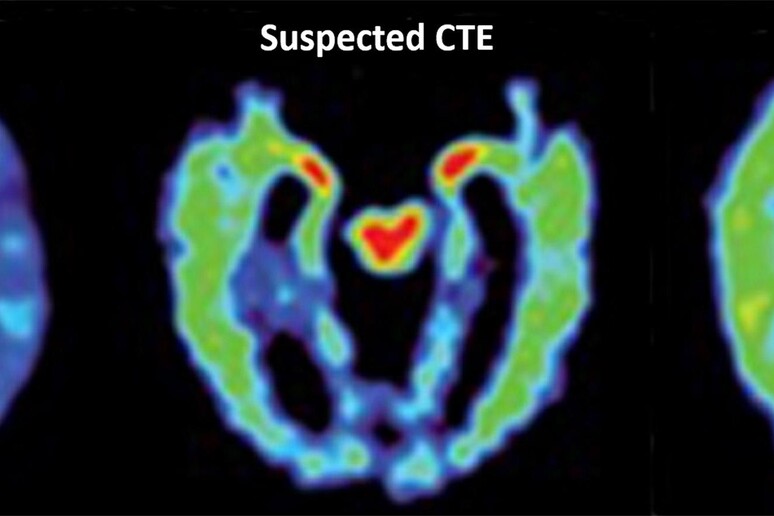An Italian study published in Nature
Communications reports that the origins of Alzheimer's disease
are not to be found in the area of the brain associated with
memory, but are linked to the death of neurons in an area linked
to mood disorders.
The findings could revolutionize the approach researchers
take in trying to find treatments for the widespread
neurodegenerative disease.
The new study shows that depression leads to Alzheimer's and
not vice versa as hitherto thought.
Alzheimer's hits about half a million people in Italy and 47
million worldwide.
The research, coordinated by Marcello D'Amelio, associate
professor of human physiology and neurophysiology at Rome's
Bio-Medical Campus University, sheds new light on this
pathology.
Hitherto it was thought, in fact, that the disease was due to
a degeneration of the cells in the hippocampus, the brain area
on which memory mechanisms depend.
The study, conducted in collaboration with the Fondazione
IRCCS Santa Lucia and the National Research Council (CNR) in
Rome, focuses on the ventral tegmental area, where dopamine is
produced, a neurotransmitter linked to mood disorders.
In a domino effect, the death of neurons which produce
dopamine causes the non-arrival of this substance in the
hippocampus, causing the breakdown that generates memory loss.
The hypothesis was confirmed in the lab, administering two
types of therapies to animal models aimed at restoring dopamine
levels.
It was thus observed that, in this way, memory was restored,
as well as motivation.
"The ventral tegmental area," says D'Amelio, "also releases
dopamine in the area that controls gratification. Therefore,
with the degeneration of dopaminergic neurons, also the risk of
lack of initiative increases."
That explains why Alzheimer's is accompanied by a drop in
interest for daily activities, leading to depression.
But, the researchers stress, the noted mood changes
associated with Alzheimer's are not a consequence of its
manifestation but an "alarm bell" on the start of the depressive
pathology.
"Loss of memory and depression are two sides of the same
coin," says D'Amelio.
The ventral tegmental area (VTA) (tegmentum is Latin for
covering), also known as the ventral tegmentum, isthe origin of
the dopaminergic cell bodies of the mesocorticolimbic dopamine
system and is widely implicated in the drug and natural reward
circuitry of the brain.
It is important in cognition, motivation, orgasm, drug
addiction, intense emotions relating to love, and several
psychiatric disorders.
ALL RIGHTS RESERVED © Copyright ANSA











